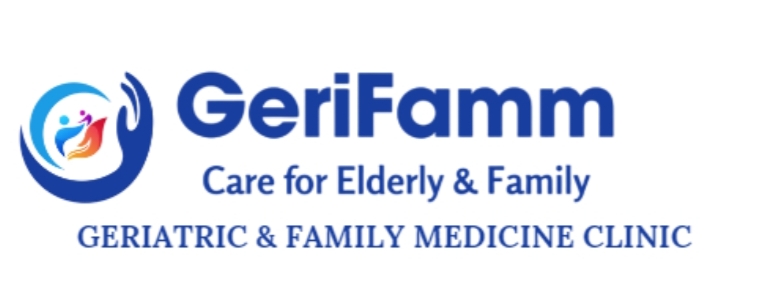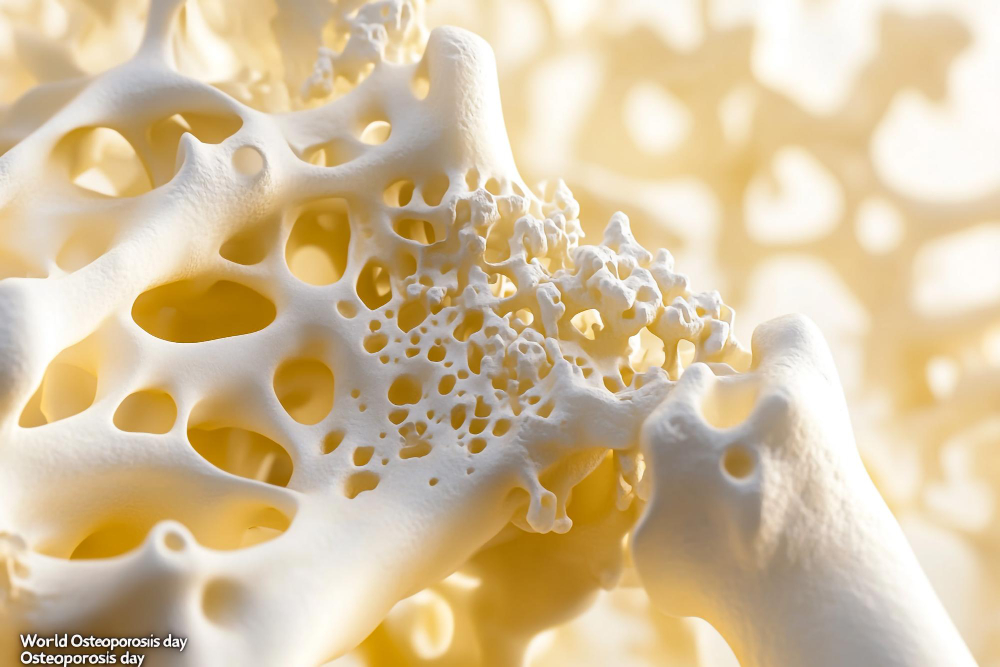Introduction: Understanding Osteoporosis and Its Impact
Osteoporosis is a condition that makes bones weak and easy to break. Many people do not know they have it until a bone breaks. Because of this, osteoporosis prevention is very important for everyone. In the US and around the world, millions of adults are at risk. Strong bones help you stay active and healthy as you age. Therefore, learning how to prevent osteoporosis naturally can protect your quality of life.
Key Risk Factors for Osteoporosis
Some people are more likely to develop osteoporosis than others. Knowing these osteoporosis risk factors can help you take action early. For example, you may be at higher risk if you:
However, even if you have risk factors, you can still take steps to protect your bones.
Early Warning Signs and Symptoms
Osteoporosis is often called a “silent disease.” Usually, there are no clear signs until a bone breaks. Still, you can watch for some early warning signs, such as:
If you notice any of these symptoms, it is wise to talk to your doctor soon.
Evidence-Based Tips to Prevent Osteoporosis
Thankfully, there are many simple ways to keep your bones strong. Here are some top osteoporosis prevention tips:
Eat a Bone-Healthy Diet
For most adults, aim for 1,000–1,200 mg of calcium and 600–800 IU of vitamin D daily (CDC).
Stay Active with Weight-Bearing Exercise
Regular exercise helps build and keep strong bones. In addition, it lowers your risk of falls.
Make Healthy Lifestyle Choices
These changes can make a big difference in bone health over time.
Prevent Falls at Home
Because falls are a leading cause of broken bones, these steps help keep you safe.
When to Seek Medical Advice
If you have risk factors or notice warning signs, see your doctor. Early testing can check your bone strength. Sometimes, your doctor may suggest a bone density test. This test is quick and painless. It helps find osteoporosis before a break happens. Also, ask your doctor about your calcium and vitamin D needs. They can give you advice that fits your health and age.
Frequently Asked Questions (FAQs) About Osteoporosis Prevention
Conclusion
In summary, osteoporosis prevention is possible with simple daily habits. Eat a healthy diet, stay active, and avoid smoking or too much alcohol. Because everyone is different, consult a healthcare professional for personalized osteoporosis prevention advice.

